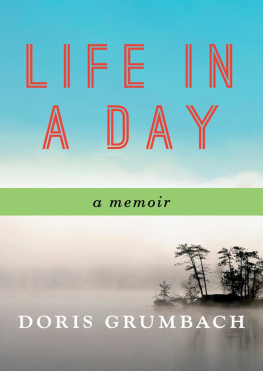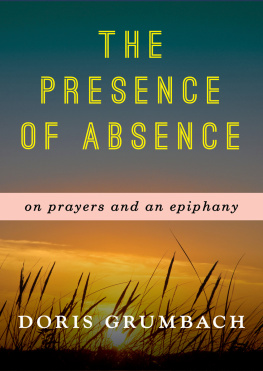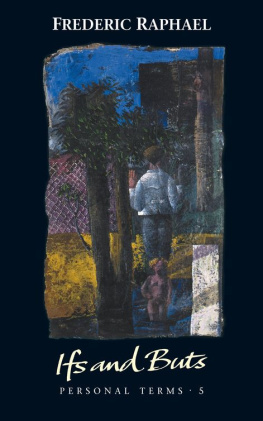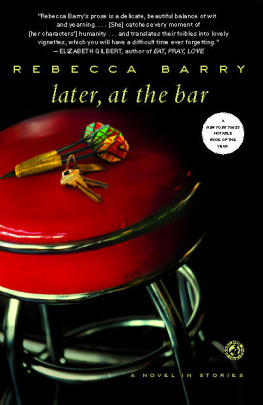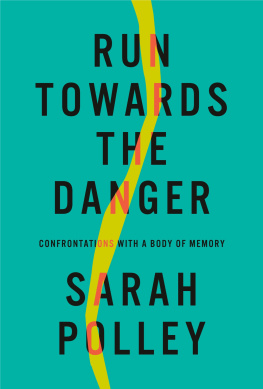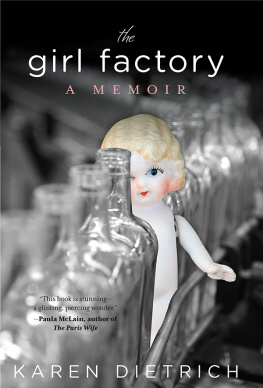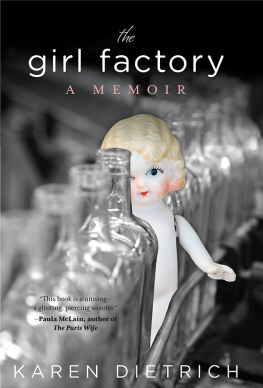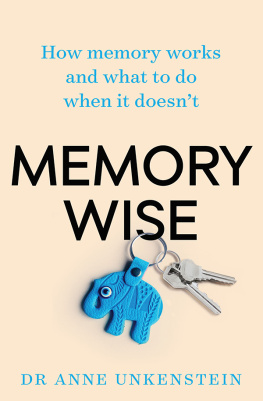For the Sybil who speaks truth unadorned.
T HERE HAVE BEEN A FEW IMPORTANT DAYS recently in my life: in one I heard the news from a friend who was told she had a mortal illness and would die very soon. Some months ago there was a day of high drama: the one-hundred-year-old house down the road burned to the ground, consuming the possessions of generations of Maine-loving summer people. And there was the catastrophic day on which one of my acquaintances, eight miles away, died of AIDS. I have ruled against all of these as subjects for a journal because I have decided to explore twenty-four hours of ordinariness. The common day is more representative of the contents of most of our lives; disastrous ones are rare.
This day holds only one chance of drama. The mail may bring me an early clipping from the New York Times Sunday Book Review about my new novel. Otherwise it promises to have very little memorable about it. But I want to write about it because it is precisely like most of the more than twenty-five hundred days I have lived through on Billings Cove. Only specificity, the details, differ. Still, without special distinction, it is a day in which I find myself unusually aware, at almost every moment, of what is happening in my house, my village, my head. It is one during which there is continuing deterioration in Washington, the city I had left behind, and storms and stresses in the country at large. But my usual distress at political events does not affect me this day. The uneventful calm of the village I have adopted blinds and deafens me to the absurd, unending trial of a famous sports hero for two horrifying murders. In this place I have myself committed a minor act of violence against nature by catching a destructive chipmunk in a Havaheart trap.
In most lives, as in mine, such hypersensitive days are rare. It is as though, for once, our entire selves have been turned inside out, so that subcutaneous layers of awareness are suddenly exposed to the light and heat. If I sit in a quiet room, I do not hear the distant sounds of the furnace, or the refrigerator, or the invasive chipmunks (could it be mice?) playing in the attic. They cannot break through into the unusual stratum of sentience.
On such a day, for some reason, I seem to be unusually conscious of hidden impulses of thought, fear, and memory that fortunately have been buried within me. Suddenly I am prey to the recurrence of old hurts, guilts, regrets. Most of all, I am flooded by nostalgia, by the recall of matters that rise to the surface, causing small pains as acupuncture might, on this day, even if they never have before.
Next month I will be seventy-seven years old. I have lived for almost twenty-five years with the same friend who hovers about the edges of this day but plays no conspicuous part in most of it, partly because she has grown tired of being written about, but mostly because my self-absorption and egotism are so great that on this ordinary yet hypersensitive day I am only dimly conscious of her presence. This accounts for the dominant (often inaccurate) appearance of the first-person singular pronoun.
Persons of an introverted stripe are solitary even when they are in the presence of others. We are alone in a crowd. In the one-act play I am recording here, I am the only performer, even though such a day is densely populated with figures from memory and shades of the past. I have observed that, when I am at work in the solitude of my study, my best companions are those relatives, friends, and acquaintances who live at a distanceand the dead.
I am beginning the seventh year of residence at the end of a peninsula in down east Maine, looking out at a cove that ultimately reaches the sea. I am prevented from seeing wild water by the intervention of an island. I live contentedly in a house that contains all I want of possessions. Myriad windows open out to everything I have any desire for: woods, meadow, garden, water, shore, and the sheltering sky*
I could, surely, put such a sensitive day behind me without recording it anywhere. Or I might ride it out, feeling much like the horseman in Albert Ryders painting Death on a Pale Horse, in which the white figure is carried forward on the back of a white horse, unable to stop and unwilling to be distracted from its mortal mission.*
Or, as I have done here, I can keep a log of what happens this day, what I think and read, hear and remember. At times (thinking this is only fair to the reader) I decide to put away and not record things too terrible to dwell upon, only to discover by evening that they have returned, refusing to be unseated from the memory, clinging to growing darkness like an undislodgeable leech.
Perhaps the reader may think that such diurnal material is more suitable for a notebook one does not intend to look into again. It may be so. But in my life in this day the smallest matters seem to loom large, of a size with the greater recollections that are recorded in small, fine writing in my notes in order to diminish their effect. The frame of a day spent in one place, paradoxically, seems to raise the significance of everything without distinction.
No scale of values exists in such a day. In eighteen hours, everything is compressed by the limits of time. Only the tone in which one lives separates one occurrence from another. At breakfast my intentions for the day ahead may be heavy with dread. But fortunately, the sight of a doe coming out of the woods at noon may give lightness to my lunch and, when it disappears, I will feel free to take a nap. At night, the creak of a board upstairs while I sit in a chair downstairs could be an occasion for the return of apprehension. Small events create moods, and others eradicate them, inexplicably.
I lie in bed, the shade of the window facing the cove pulled up so I can catch the first appearance of the suns light, a hint of red at the bottom of a dark sky. No real light has yet arrived. On some cold spring mornings I get up before thisit is now 4:34but today the room is agreeably cool. Under the quilt it is warm. So I am seduced into lying still, my arms under my head, my eyelids fighting to be lowered into sleep.
I begin to rehearse a catalogue of dread matters and fears for the day ahead, an exercise I have indulged in every morning of my adult life before I get up. (Of course, it is also true that this dire review often takes place at a worse hourtwo oclock in the morningwhen I am unable to sleep.) During this dawn I cannot remember if I ground the new Costa Rican coffee beans last night while I was drying the dishes. I did dry the dishes, I can remember that, but what about the coffee beans? Dismay moves from my chest to my eyes, which close at the thought that there will be a disastrous delay before I can begin to drink the life-saving, energy-raising brown beverage that should almost be served through an IV to start my day.

